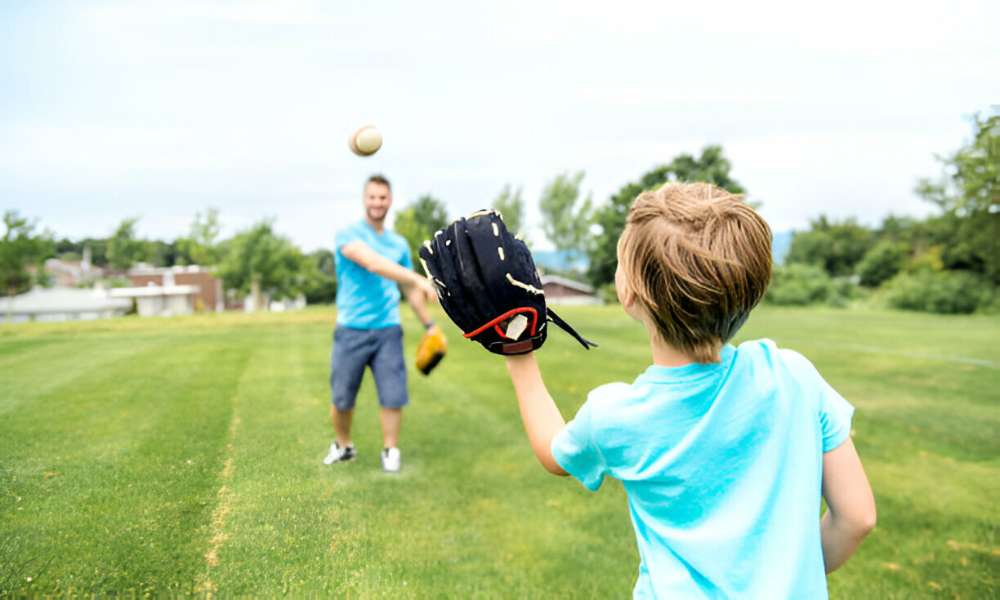Playing backyard baseball is a fun and engaging way to enjoy the outdoors, improve physical fitness, and bond with family and friends. Whether you have a spacious lawn or a cozy backyard, finding where to play backyard baseball can transform your outdoor space into a field of dreams. The benefits of playing backyard ball include enhancing hand-eye coordination, promoting teamwork, and encouraging healthy physical activity. By setting up a simple baseball diamond in your yard, you create an accessible and enjoyable environment for all ages to partake in America’s favorite pastime. Discovering the best spots and tips on how to set up and enjoy lawn ball can lead to countless hours of entertainment and cherished memories.
What Age Groups Can Play Backyard Baseball?
Backyard baseball is a versatile game that can be enjoyed by a wide range of age groups. Children as young as 5 or 6 years old can start playing with simplified rules and equipment, making it a fun and accessible activity for younger kids. As they grow older, they can continue to play and adapt the rules to make the game more challenging.
Is Backyard Baseball Safe?
Backyard baseball can be a fun and safe activity for children, as long as proper precautions are taken. It is important to ensure that the playing area is free of any obstacles or hazards that could cause injury. Additionally, using age-appropriate equipment such as soft baseballs and lightweight bats can help reduce the risk of accidents.
Can I Play Backyard Baseball Without A Large Yard?
Yes, you can definitely play Backyard Baseball without a large yard! You can adapt the game to fit smaller spaces by using a smaller field size or even playing in a park or open area nearby. Consider setting up makeshift bases using cones or markers and adjust the rules to accommodate the space available. You can also try playing with fewer players to make it easier to play in a smaller area.
Backyard Baseball Variations
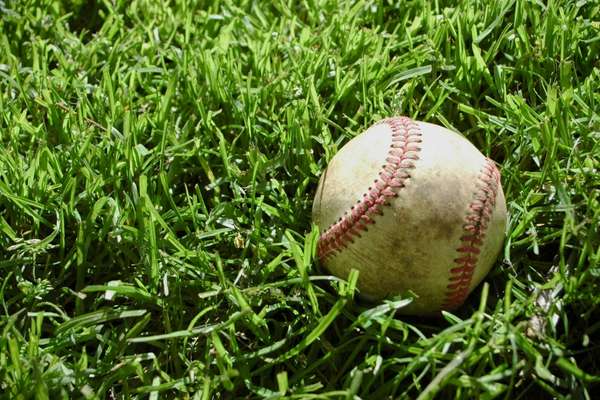
1. Classic ball
Classic ball is a timeless activity that brings the essence of the sport right to your backyard. To set up a game, all you need is a bat, a ball, and makeshift bases. The simplicity of classic lawn baseball allows players of all ages and skill levels to join in the fun. This version promotes teamwork, improves hand-eye coordination, and encourages physical activity. Playing classic backyard ball in your own yard ensures convenience and provides an excellent opportunity to teach children the fundamentals of the game.
2. Wiffle Ball
For those looking for a safer and more flexible alternative, Wiffle ball is an excellent choice. Wiffle ball uses a perforated, lightweight plastic ball and a plastic bat, making it ideal for smaller yards and younger players. The unique design of the ball allows for impressive curveballs and other pitches that are difficult to achieve in traditional baseball. Playing Wiffle ball in your backyard minimizes the risk of injury and damage to property, making it a popular choice for families. This variation of lawn baseball offers endless fun and excitement while maintaining a safe environment.
3. Stickball
Stickball is a variation of lawn ball that brings a nostalgic, urban twist to the game. Traditionally played in streets or alleys, stickball can easily be adapted for backyard play. All you need is a rubber ball and a broomstick or similar makeshift bat. Stickball is known for its informal rules and adaptability, making it a great option for impromptu games. Playing stickball in your backyard captures the spirit of street play and provides a unique and enjoyable way to experience baseball. This variation encourages creativity and improvisation, adding a layer of excitement to the classic sport.
Safety Guidelines
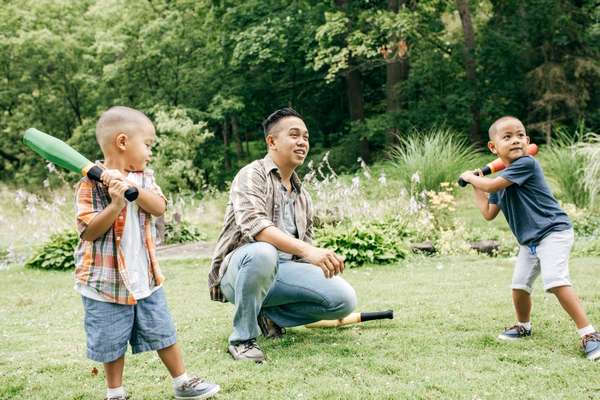
Playing backyard baseball is a fantastic way to enjoy the outdoors, but safety should always be the top priority. When deciding where to play lawn baseball, ensure that the area is free from obstacles and hazards that could cause injuries. Clear the playing field of any rocks, sticks, or debris, and make sure the ground is even to prevent trips and falls. Using softer baseballs and bats designed for backyard play can also reduce the risk of injury. Additionally, setting up a boundary to keep the ball within a safe area can help protect windows and other breakable property.
Respecting Property
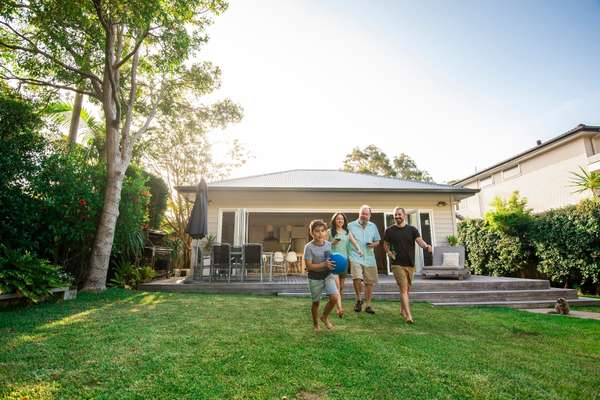
Respecting property goes beyond simply keeping things in order or clean. It involves understanding the effort and care that went into creating and maintaining the property you are using. When it comes to designing a backyard, respect for property extends to making sustainable choices that enhance the space without causing harm to the environment. Consider using eco-friendly materials, implementing green design practices, and choosing plants that are well-suited for your climate and soil conditions.
Setting Game Schedules
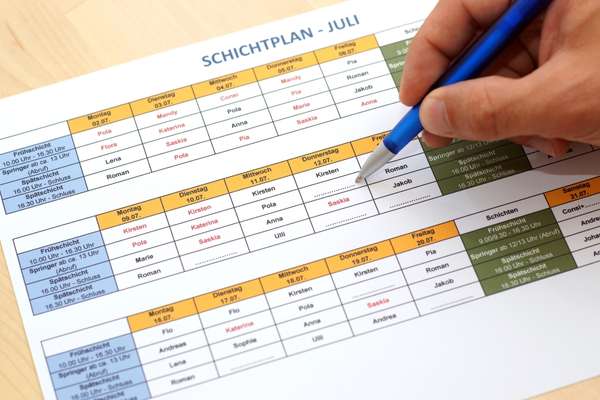
Setting game schedules is another key aspect of organizing backyard baseball. Planning regular game times can help players coordinate their availability and ensure that everyone can participate. Consider the schedules of all players, and choose times that work best for the majority. Establishing a routine, such as playing on weekends or after school, can make it easier to gather players consistently. Additionally, having a set schedule allows for better preparation, ensuring that the playing field is always ready and safe for the game.
Home Run Derby
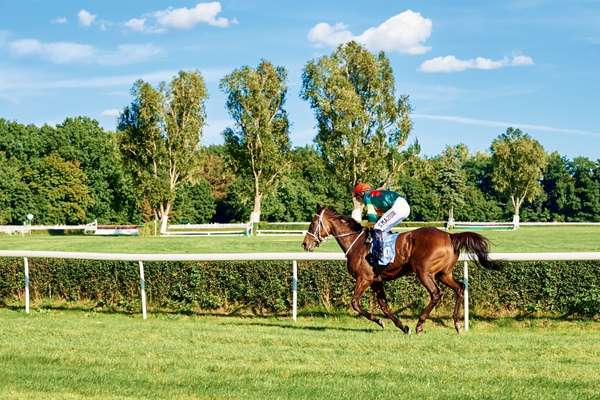
Finding the perfect spot to play backyard baseball can elevate your outdoor experiences and provide endless fun. One popular way to enjoy lawn baseball is by setting up a home run derby. This exciting challenge allows players to take turns hitting the ball as far as possible, making it a thrilling activity for both kids and adults. A spacious backyard with a clear, open area is ideal for this game, ensuring there’s plenty of room for those long hits. Setting up a home run derby in your backyard not only improves batting skills but also brings a competitive spirit to your gatherings.
Skill Challenges
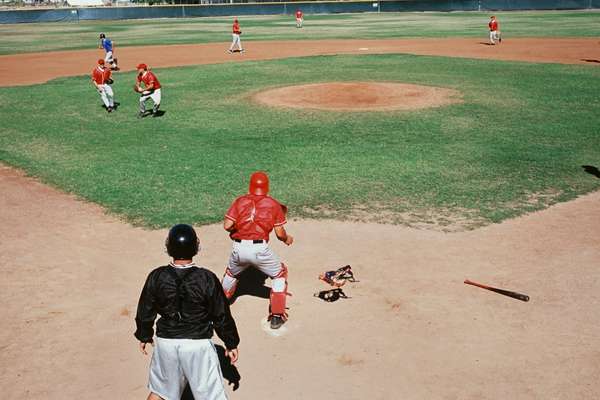
Skill challenges are another fantastic way to play backyard baseball and enhance your game. These challenges can include pitching accuracy, fielding drills, and base running competitions. Creating different stations for each skill challenge can transform your backyard into a mini training camp. This setup encourages players to develop various baseball skills in a fun and engaging way. Additionally, skill challenges can be adjusted for different age groups and skill levels, making it an inclusive activity for the whole family.
Mini Tournaments

Hosting mini tournaments in your backyard is a great way to bring friends and neighbors together for some friendly competition. To organize a mini tournament, divide players into small teams and set up a simple bracket system. This format not only adds structure to your lawn baseball games but also increases the excitement as teams vie for the championship title. Mini tournaments are perfect for birthdays, family reunions, or weekend get-togethers, providing a memorable way to enjoy lawn baseball. With some planning and creativity, your backyard can become the ultimate venue for these lively and enjoyable baseball events.
The Final Thought
Backyard baseball offers a fun and accessible way to enjoy the game with friends and family in a relaxed setting. Whether you have a large yard or just a small space, there are plenty of creative ways to set up a makeshift field and get playing. From traditional games like Wiffle ball to more structured versions with bases and rules, the options for lawn baseball are endless. So gather your gear, invite some friends over, and spend an afternoon soaking up the sunshine while playing America’s favorite pastime right in your own backyard. Get out there and swing for the fences!
